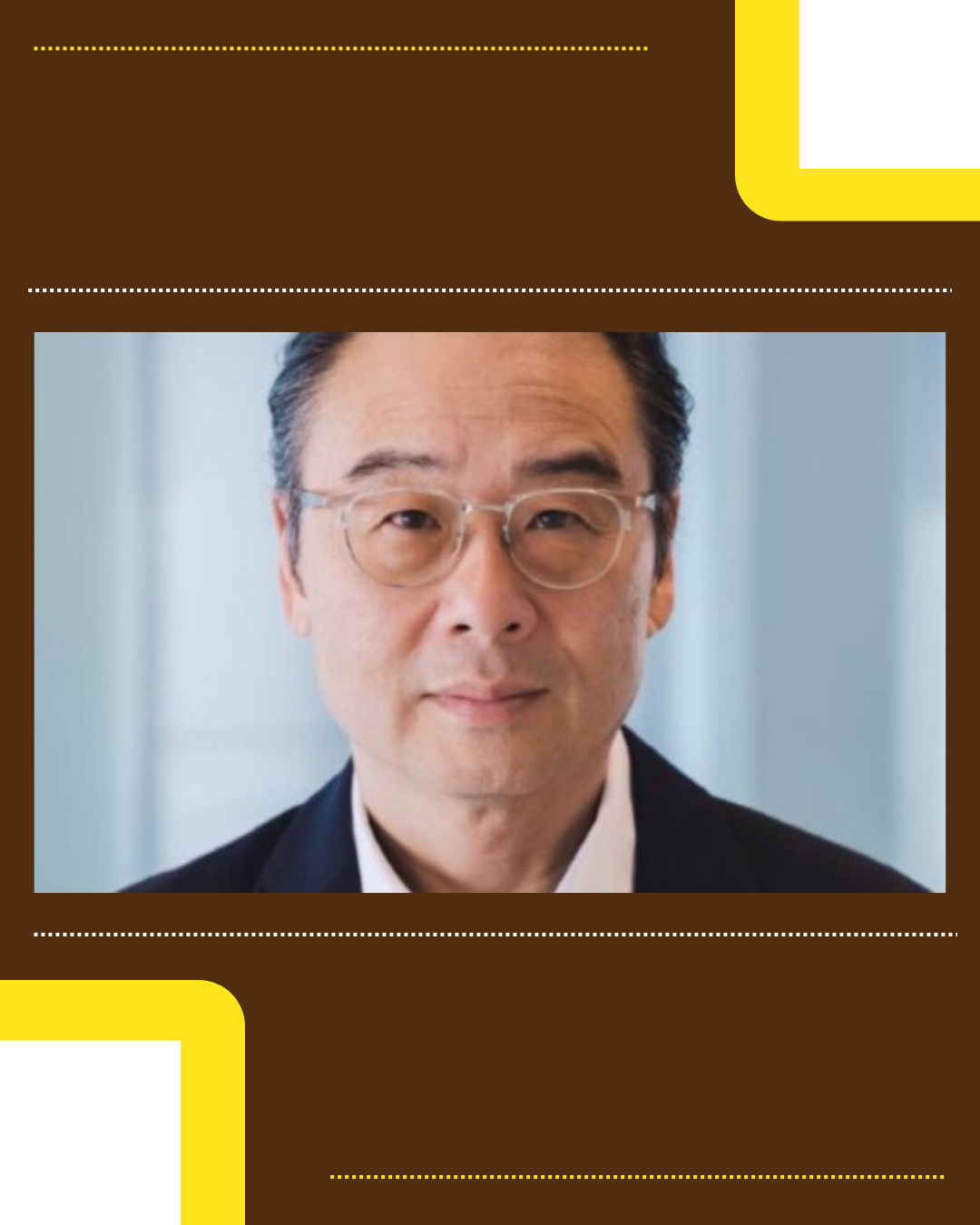On June 30th, Lehigh University held its fifth speaker event for their Research Translation AcceLUrator (RTA) and STEM-Summer Institute (STEM-SI) interns, led by Dr. Won Choi of Lehigh’s College of Health. Dr. Choi is currently a Professor within the Department of Population Health, Associate Dean for Research & Graduate Studies, and Interim Director for the Institute for Indigenous Studies. At our speaker series, he spoke to the students about accounting for the societal impacts of a project.

He discussed the types of innovations that one could pursue. It's important to consider how they can impact society overall and how much work needs to be put in. For example, adding to old concepts with updates to existing ideas can create economic and social change, and there’s a high chance there will be a net positive. You could also create something new that will help society in the grand scheme, such as the invention of the fridge. He told the story of the rate of stomach cancer decreasing via food preservation. Despite this, there’s always a chance that there’s a net negative you can't perceive.
Dr. Choi also expressed the importance of funding research to drive innovation. The knowledge built in research is what creates change and in turn inspires future technological advancements in the field of research. While this is the main positive impact of research, he urged the RTA fellows to think about the overall societal impact of what they create, whether positive or negative. He emphasized that reflecting on the overall societal impact of your research is key to determining if it is significant and worth pursuing. If you create something that no one uses, or has overwhelmingly negative side effects, it means you wasted your time on something that won’t benefit society.
He however urged students to be willing to take risks. Much research can be high risk, but come with a high payoff when it’s properly concluded. No researchers should be afraid of challenging conventional wisdom and knowledge, as innovation that changes the world isn't easy to see. Many revolutionary inventions were by accident while pursuing a smaller solution.
Dr. Choi concluded by discussing the 5 domains that Lehigh’s College of Health focuses on to measure impact in society: policy, education, culture and community, economy, and data driven innovation. By honing in on these key areas, a researcher can gauge if their work is worth pursuing in all criteria, as the hard work and conclusions of a researcher deserves to be translated into the everyday lives of the average citizen, and change the future of research.
